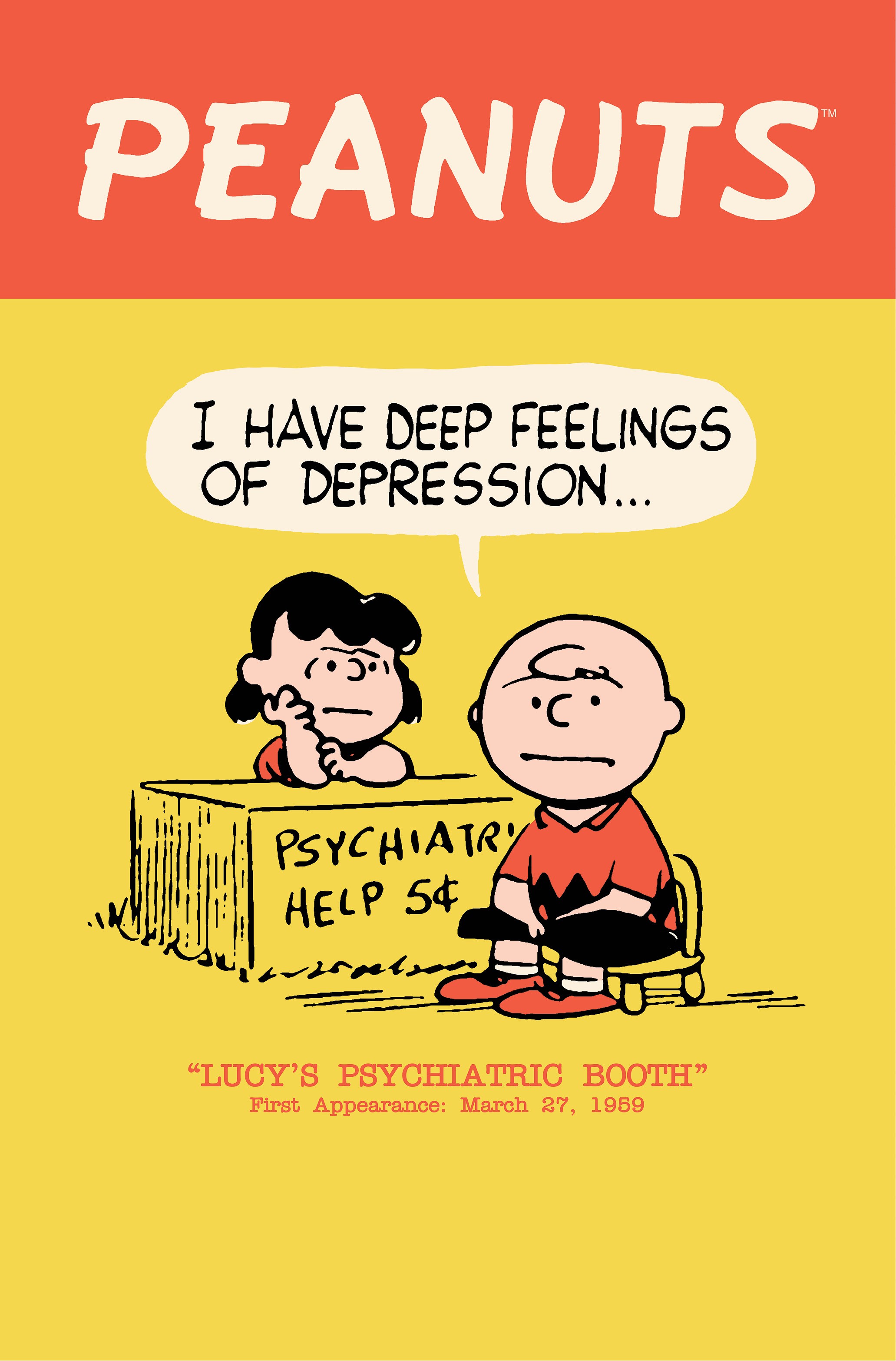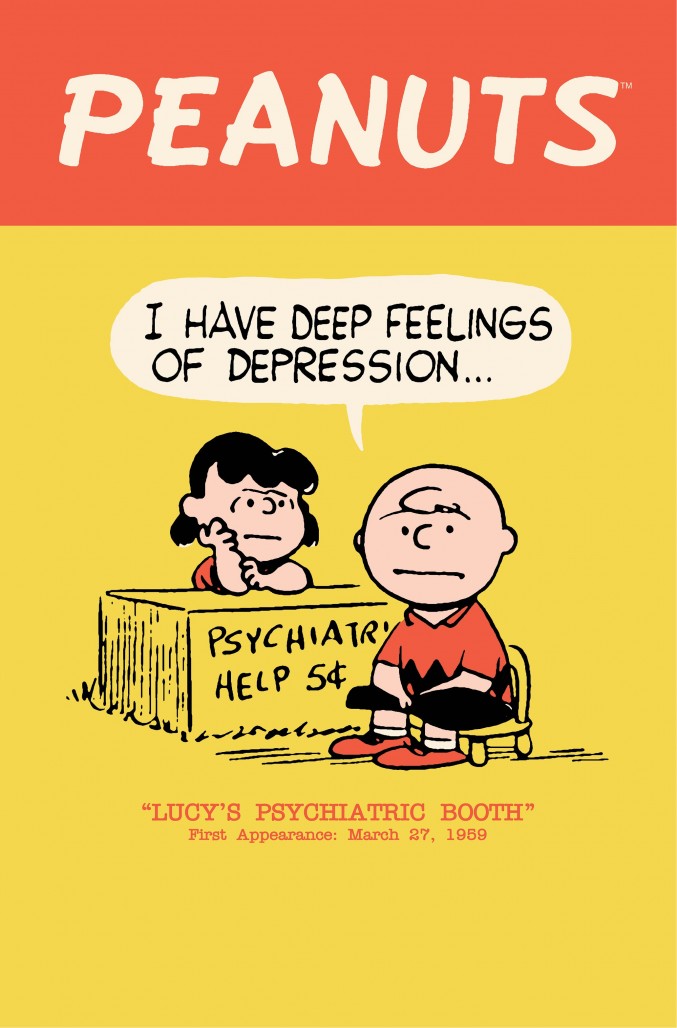Mental illness has been a trope in comics-related properties ranging from Peanuts to Gotham, but do new sensitivities to mental health issues mean that it’s time for this to change?
At this year’s San Diego and New York Comic-Cons, I had the privilege of moderating a couple of panels on the portrayal of mental illness in comics and how comics can be used to enhance mental health. For those of you who couldn’t attend, Lawrence Brenner has made a video of the entire NYCC panel available on YouTube, and the San Diego panel is also available thanks to superhero therapist Dr. Janina Scarlet.
Since I understand that Bleeding Cool will be writing up the New York panel in detail, I’ll hold off on a detailed description of what happened. Suffice it to say that participating in these panels was a privilege — not only did we get to hear the insights of leading mental health professionals (Dr. Scarlet, Dr. Andrea Letamendi, the psychiatrists at Broadcast Thought), comics creators (Gail Simone, Darryl Cunningham, and Vasilis Pozios), and activists (Project UROK’s Jenny Jaffe, Mara Wilson, Miz Caramel Vixen, and Dior Vargas), but our attendees also shared their own thoughtful questions and compelling concerns.
Because our aim in these panels was as much to listen as to speak, we made a point in each to allot a substantial amount of time for audience questions — at NYCC, the speakers even limited their opening thoughts to a minute or two apiece in order to give everyone in the audience who came to the mic a chance to ask their questions. The main tension that emerged: the use of insanity as a metaphor or character trait versus the potential impact of negative portrayals on people who have actual mental health issues.
As both speakers and questioners observed, the aim was not to censor but to identify creative ways to integrate mental health into stories without resorting to negative stereotypes. At a time when diversity has become an invigorating force in decades-old franchises, extending consideration to those with mental health issues seems all but inevitable.
However, as I said at the close of each of these panels, the conversation is only just beginning — in regard to the question raised in the opening of this post, I’m most interested in what you think.










Comments are closed.